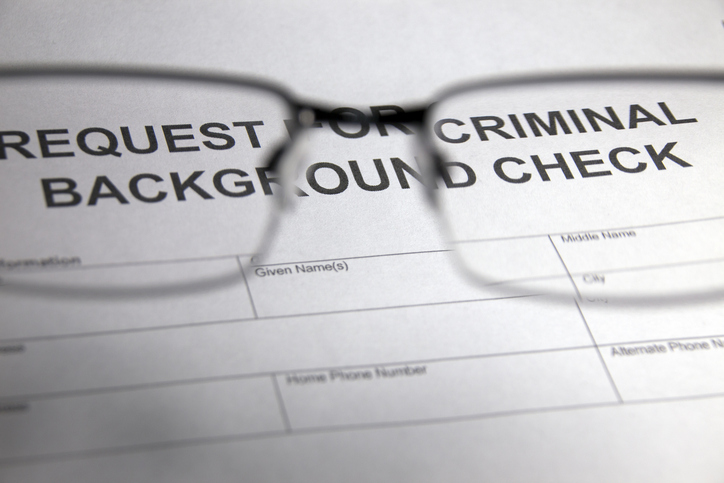When it comes to background checks, a lot of people make a lot of assumptions—both on the hiring and applying sides. A study from CareerBuilder® debunks the most common of these myths.
 |
“Never judge a book by its cover.” A common phrase that in terms of recruitment means something very unique. When it comes to selecting the best candidates to work for your company, going deeper than just face value should be a routine practice. And as a jobseeker, you need to be aware of what employers are looking for when background screening and what could cost you the job. Yet, according to a new CareerBuilder survey that outlines myths around background checks, not all companies or workers know the process.
The nationwide survey was conducted by Harris Poll® on behalf of CareerBuilder from November 16 to December 6, 2016, among a representative sample of 3,411 U.S. full-time, private sector workers across industries and company sizes, and 2,391 full-time hiring and Human Resources managers in the private sector across industries and company sizes.
“In essence, a background check is what an employer uses to help protect against false advertising on a résumé and reduce employer risk. After all, a good business is built on people who fulfill their duties responsibly,” said Ben Goldberg, CEO of Aurico, a CareerBuilder company. “But background screenings are surrounded by misconceptions and misunderstandings and our role is to provide transparency for candidates and employers.”
Myths for Employees
Myth 1: If I estimate my months and years of employment at each employer, that’s good enough.
Reality: 1 in 8 workers who currently have résumés (13 percent) say they estimate employment dates on their current résumé. What they may not realize is their résumé will get flagged as inaccurate and may cause an otherwise unnecessary delay in the hiring process or possible removal from the running. From employment to graduation and everything in between, make sure dates are accurate.
Myth 2: Most employers don’t even conduct background checks.
Reality: The majority of employers (72 percent) say they do for every new employee before they’re hired. More than half (55 percent) drug test candidates.
Myth 3: If they conduct background checks, employers typically only look at where I worked.
Reality: In addition to locations of employment, employers check on everything from schooling, locations lived, and criminal records to driving records, and many other public information sources based on the position type the person is being considered for.
Forty-six percent of workers say they really don’t know what information employers are checking for when conducting background checks, which can put them at a disadvantage.
Myth 4: It’s not important to tell people I’m putting them down as a reference.
Reality: It’s a professional courtesy to ask people’s permission to use them as a reference, so they know to expect a call sometime in the future. If your references respond with surprise and confusion when a potential employer contacts them, it gives the impression that you are unprofessional or disorganized or both.
Tomorrow we will look at myths from the employer perspective.
